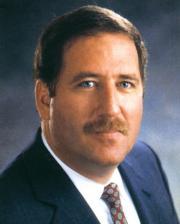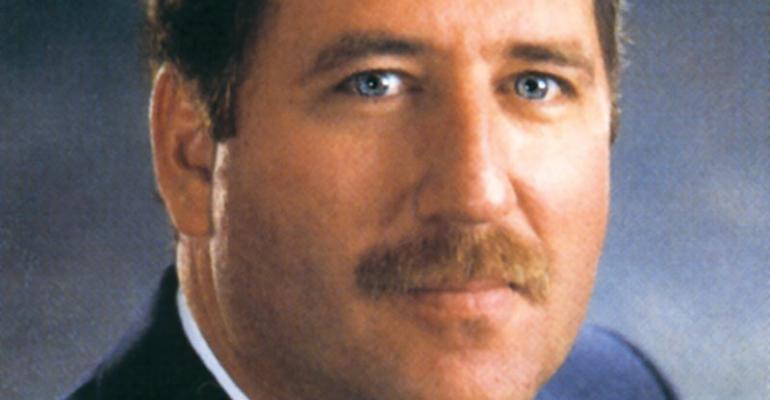
We talk daily with salespeople who increasingly are de-motivated by their compensation plans.
In some cases, their earnings equal minimum wages or less. While it’s true auto makers sometimes limit the gross that can be paid on a vehicle by squeezing margins, often to only $400 per vehicle, some dealers keep using the same de-motivating compensation structures.
Auto makers pay bonuses to salespeople directly in some cases, taking a portion of the compensation structure out of a dealer’s cost of doing business.
Times have changed. The Internet and social media are playing a bigger role in our business. But the bottom line is that the basics of sales are still the same. Salespeople must sell the product, the dealership and themselves.
Product matters, no matter how pre-disposed customers are to purchasing. There are only two reasons customers come to a showroom: to test drive a vehicle and to buy it.
Customers cannot drive a vehicle on the Internet. And, if they can’t drive it and get a feel for it, why would they buy it? Customers build a relationship with the salesperson and the dealership. They drive and fall in love with a vehicle before a purchase is complete.
A small percentage of customers actually do purchase vehicles online today. But I’ll bet somewhere along the line, they drove the vehicle first.
Consider the practice of paying a so-called mini commission per vehicle. That could average $100 or less per sale. While the amount may vary, the practice is completely de-motivating because the salesperson gets paid that commission regardless of the profit to the dealership. It often leaves them feeling undercompensated.
With minis, the incentive to up-sell and negotiate is eliminated because the salesperson always gets the mini regardless of the final selling price or profit to the dealership. If a salesperson sells 10 vehicles per month, the commission on a $100 mini only is $1,000.
While this may seem attractive, in reality, it is less than working 40 hours a week at the federal minimum wage level of $7.25 in 2013. A mini reinforces lackluster and even negative attitudes among salespeople and can leave them wondering how they’re going to make a living when they are paid so little.
When salespeople are paid a minimum commission, they embrace what we at APB call the “wish-or-hope system.” They wish or hope the next person coming in the door is a live one. Not too many are.
Yet, as long as salespeople are paid the minimum commission, they will wait for customers to come to them rather than actively prospect, set sales appointments and bring qualified clients to the dealership.
When employees view their compensation as the equivalent of minimum wage, their lack of motivation and negative attitudes are intensified. Why would anyone want to sell cars for minimum wage?
This attitude can contaminate the pool of qualified sale professionals in a market. It can lead to a belief that the dealership’s compensation program doesn’t work.
Ultimately, this limits the dealership’s ability to attract and retain qualified, committed sales professionals, now or in the future.
It’s time for dealers to realize that sales are about compensation, and that to retain top talent, they have to change the way salespeople are compensated. That means everyone, not just top performers.
Instead of restricting earnings, it’s time for management to seek creative ways to improve pay plans.
Every dealership is striving to identify the perfect number, the right compensation percentage. But stores perform at different levels based on volume and location. The perfect number for one won’t work for another. No one silver bullet works for every dealership. Each must structure a pay plan that is effective for both business and personnel.
We’ll look at ways to do that in my next column.
Richard F. Libin is the author of “Who Stopped the Sale” and president of Automotive Profit Builders, a training firm that focuses on customer satisfaction and maximizing gross profits through personnel development and technology. He is at [email protected] or 508-626-9200.





